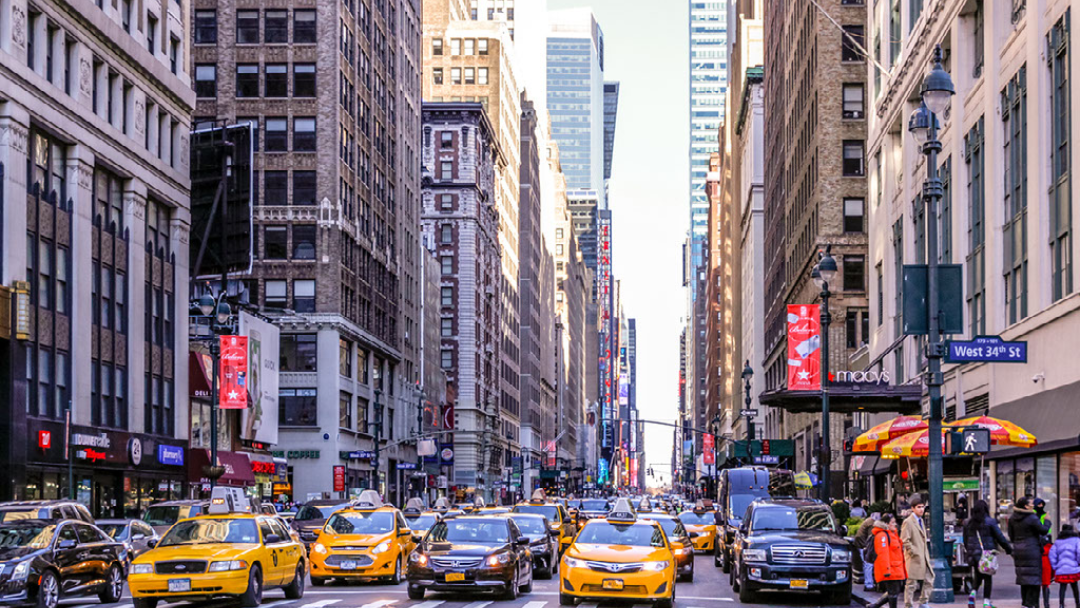What Traditional Types of Businesses Are Re-emerging in Cities Like New York, Philadelphia, Boston or Chicago?
The COVID-19 pandemic has disrupted the economy and society in unprecedented ways, forcing many businesses to close, adapt, or reinvent themselves. However, as the vaccination rates increase and the restrictions ease, some traditional types of businesses are re-emerging in cities like New York, Philadelphia, Boston or Chicago. These businesses are tapping into the pent-up demand, nostalgia, and resilience of urban consumers who are eager to reconnect with their communities and enjoy the amenities of city life. Here are some examples of traditional types of businesses that are making a comeback in these cities:
- Retail. Retail has been one of the hardest-hit sectors by the pandemic, as lockdowns, social distancing, and online competition have reduced foot traffic and sales. However, retail is also one of the most resilient and innovative sectors, as many retailers have embraced e-commerce, omnichannel strategies, and new formats to survive and thrive. According to a report by McKinsey1, retail will play a key role in the recovery and resilience of cities, as it provides jobs, services, and social interactions for urban residents. The report also identifies some trends that will shape the future of retail in cities, such as experiential retail, localism, sustainability, and digitalization.
- Restaurants. Restaurants are another sector that has suffered greatly from the pandemic, as many had to shut down or operate at limited capacity for months. However, restaurants are also another sector that has shown remarkable creativity and adaptability, as many have pivoted to delivery, takeout, outdoor dining, ghost kitchens, and subscription models to stay afloat. According to a report by National League of Cities2, restaurants are essential for the vitality and diversity of cities, as they offer cultural expression, social connection, and economic opportunity for urban dwellers. The report also suggests some ways that city leaders can support the recovery and resilience of restaurants, such as providing financial assistance, regulatory relief, infrastructure investment, and community engagement.
- Entertainment. Entertainment is yet another sector that has been devastated by the pandemic, as many venues such as theaters, cinemas, museums, concert halls, and sports arenas had to close or limit their operations for public health reasons. However, entertainment is also another sector that has demonstrated remarkable perseverance and ingenuity, as many venues have shifted to online platforms, hybrid models, or outdoor spaces to entertain and engage their audiences. According to a report by Brookings Institution3, entertainment is vital for the vibrancy and attractiveness of cities, as it offers cultural enrichment, civic participation, and tourism revenue for urban dwellers. The report also recommends some strategies that city leaders can adopt to support the recovery and resilience of entertainment venues, such as providing financial aid, tax incentives, regulatory flexibility, and technical assistance.
- Manufacturing. Manufacturing is a sector that has been declining in cities for decades due to globalization, automation, and deindustrialization. However, manufacturing is also a sector that has shown signs of revival in cities in recent years due to innovation, localization, and diversification. According to a report by Urban Manufacturing Alliance, manufacturing is crucial for the sustainability and competitiveness of cities, as it provides jobs, products, and solutions for urban challenges. The report also outlines some best practices that city leaders can follow to support the recovery and resilience of manufacturing, such as facilitating access to capital, space, and talent; promoting collaboration among stakeholders; and fostering a culture of innovation.
These are some examples of traditional types of businesses that are re-emerging in cities like New York, Philadelphia, Boston or Chicago. These businesses are not only surviving but also thriving in the post-pandemic era by adapting to changing consumer preferences, market conditions, and societal needs. They are also contributing to the recovery and resilience of cities by providing economic activity, social interaction, and community identity for urban residents.

